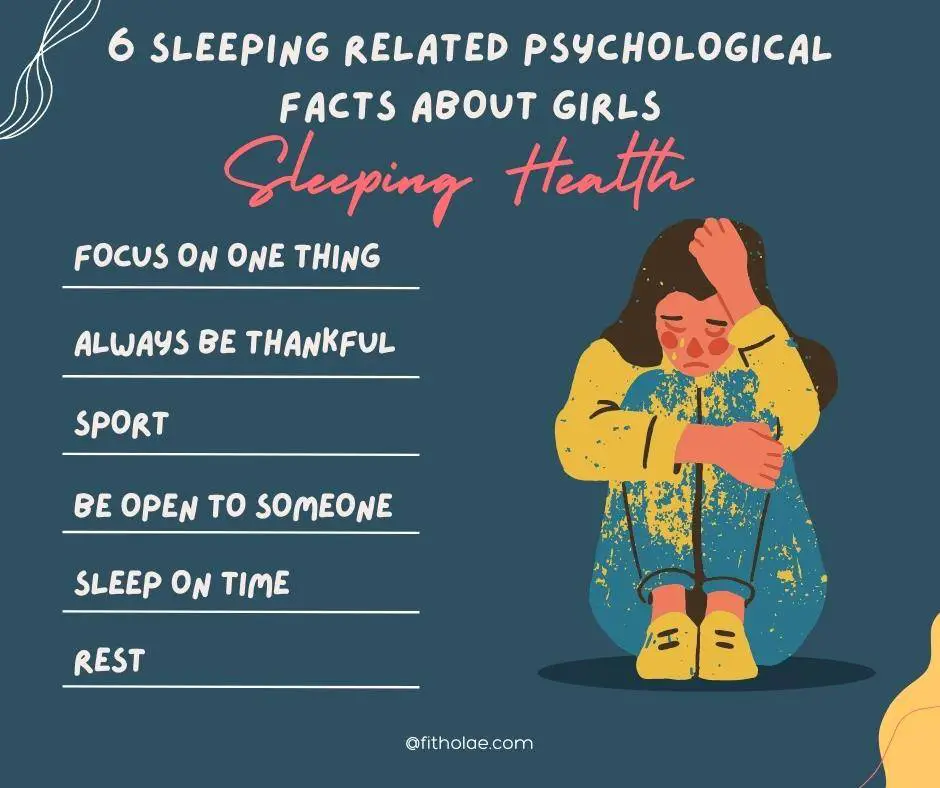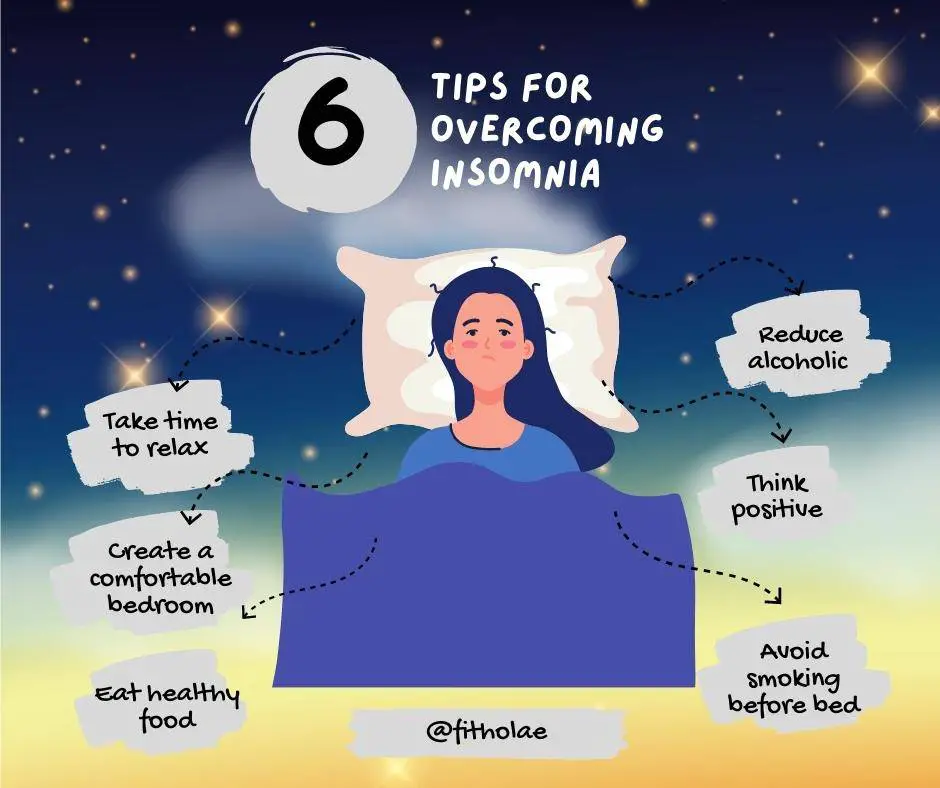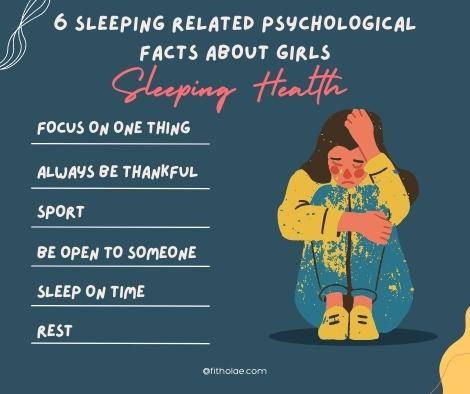
- What exactly happens in our brains when we’re dreaming?
- How do psychological disorders affect our sleeping habits?
- What are the most common struggles that girls face while trying to fall asleep?
- We’ve got the answers to all of these questions and more, which will help you get to know yourself a little better and make your sleeping experience the best it can be!
1. Difficulty falling asleep
- Many studies have shown that sleep deprivation and fatigue can lead to mood swings, irritability, and depression.
- The rate of clinical depression is twice as high in people who are sleep deprived than in those who get a good night’s rest every night.
- In addition, your brain will produce less serotonin while you’re sleeping if you’re fatigued.
- A lack of enough serotonin can cause feelings of sadness and depression.
- Because sleep is so important for healthy functioning, make sure you get seven to nine hours each night!
2. Sleepily and groggily waking up in the early hours
- Your body has a built-in clock that wakes you up during certain phases of sleep each night.
- You are most likely to wake up in between REM (rapid eye movement) sleep and non-REM sleep, specifically during what’s called your body’s first and second sleep cycles.
- Your eyes might be open for about 30 minutes before you fall back asleep.
- If you find yourself repeatedly waking up at night, try limiting naps to 15 minutes or less during daytime hours.
- Also, make sure your bedroom is well ventilated; turn off electronics at least one hour before bedtime and shut down devices that emit light in dark rooms.
3. Girls Taking longer to fall asleep

- Women are more likely to suffer from insomnia, according to research published in Sleep Medicine Reviews.
- In fact, up to 50 percent of women report having issues getting enough sleep on a regular basis.
- One reason for that is that women tend to take longer than men to fall asleep as much as 30 minutes more, according to a study published in Social Science & Medicine.
- This may be due to fluctuating hormone levels and physical changes at different stages of life (such as pregnancy or menopause).
- Women also spend about 20 percent more time awake during sleep (non-rapid eye movement) than men do.
- This may have something to do with sex hormones and cortisol release (which can affect mental alertness), but researchers aren’t sure what all contributes here. The
4. Girls Experiencing more nightmares than men
- Women are twice as likely to experience nightmares than men. Even more startling, women report experiencing five times as many nightmares about being chased, falling, or being attacked.
- Researchers don’t know why, but one study found that young boys and girls start having nightmares of being chased at around 3 years old.
- From there, nightmare frequency increases rapidly until adolescence, when it levels off for both sexes.
- According to a 2004 study in The Journal of Psychiatry and Neuroscience , among adults (19-26 years old), females report more episodes of nightmares than males – two to three episodes per month compared with 1 to 2 episodes per month in males.
5. Sleeplessness linked to anxiety
- A 2009 study found that women who didn’t get enough sleep had higher levels of anxiety, which may explain why sleeplessness is linked to depression.
- One possible explanation: when we don’t get enough shut-eye, certain stress hormones like cortisol increase, leading to feelings of tension and unease.
- Researchers also believe disrupted sleep can cause hippocampal hyperactivity, or overstimulation of brain cells which in turn can lead to distorted memories and impaired problem solving.
- Most people only need seven hours per night; if you want to fall asleep faster, experts recommend shutting off electronics an hour before bedtime.
6. Girls need more sleep during their period
- Research shows that girls need about 20 more minutes of sleep per night during their period.
- #Sleep Tip:
- Try and avoid staying up late on school nights,
- As well as eating foods high in sugar,
- Caffeine or nicotine.
- These can all affect your ability to get a good night’s rest while on your period.
- #Sleep Tip:
=> Checkout our latest post
http://fitholae.com/10-interesting-psychology-facts-for-2022/







[…] http://fitholae.com/6-sleeping-related-psychological-facts-about-girls/ […]